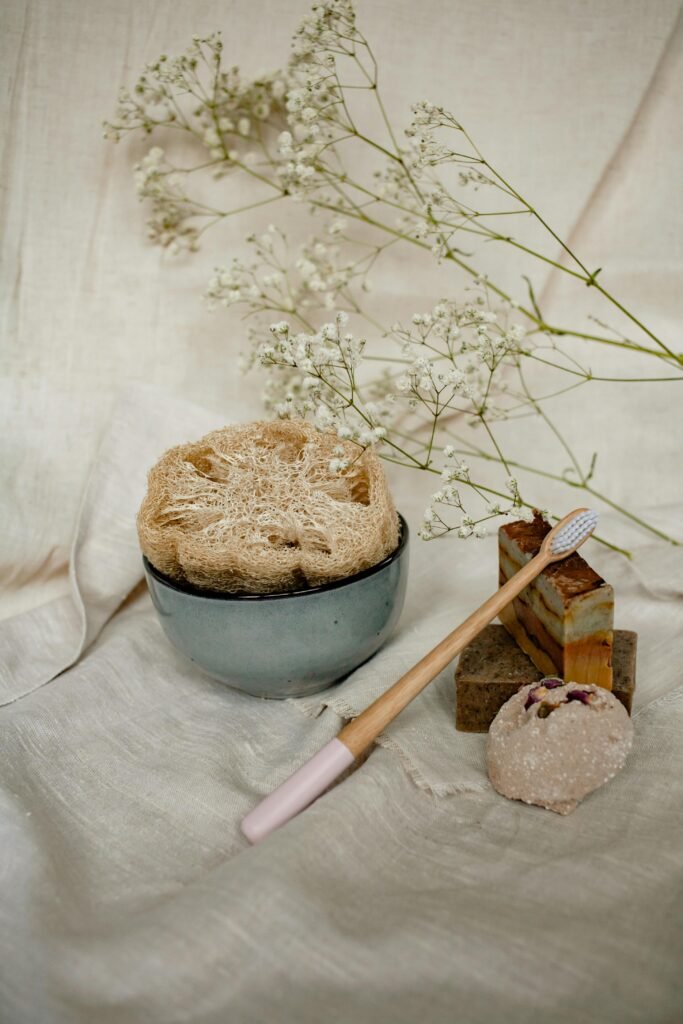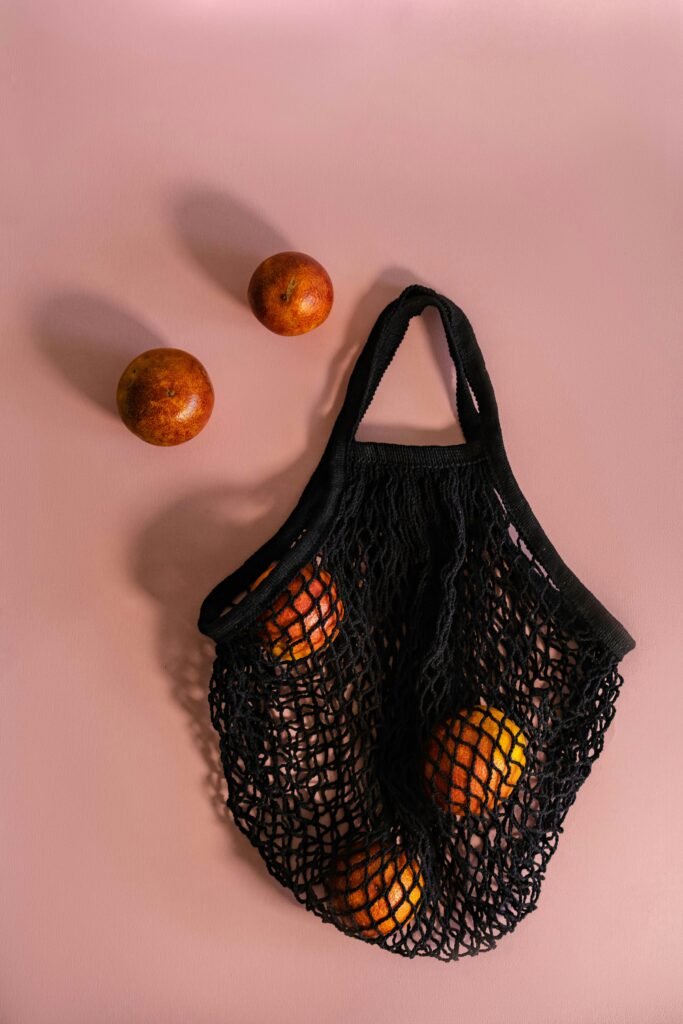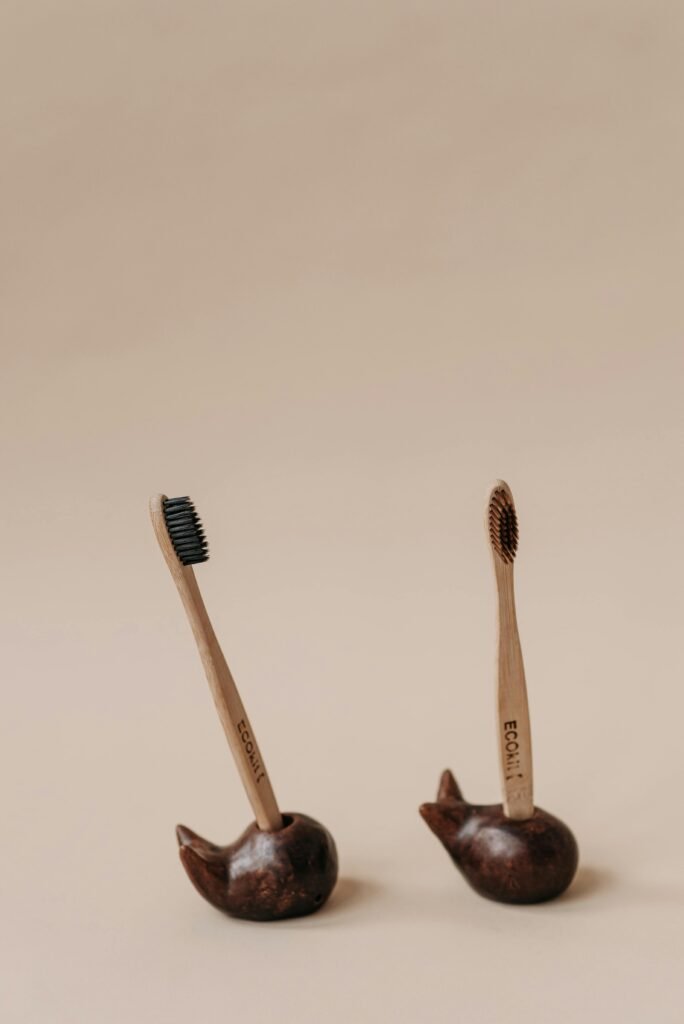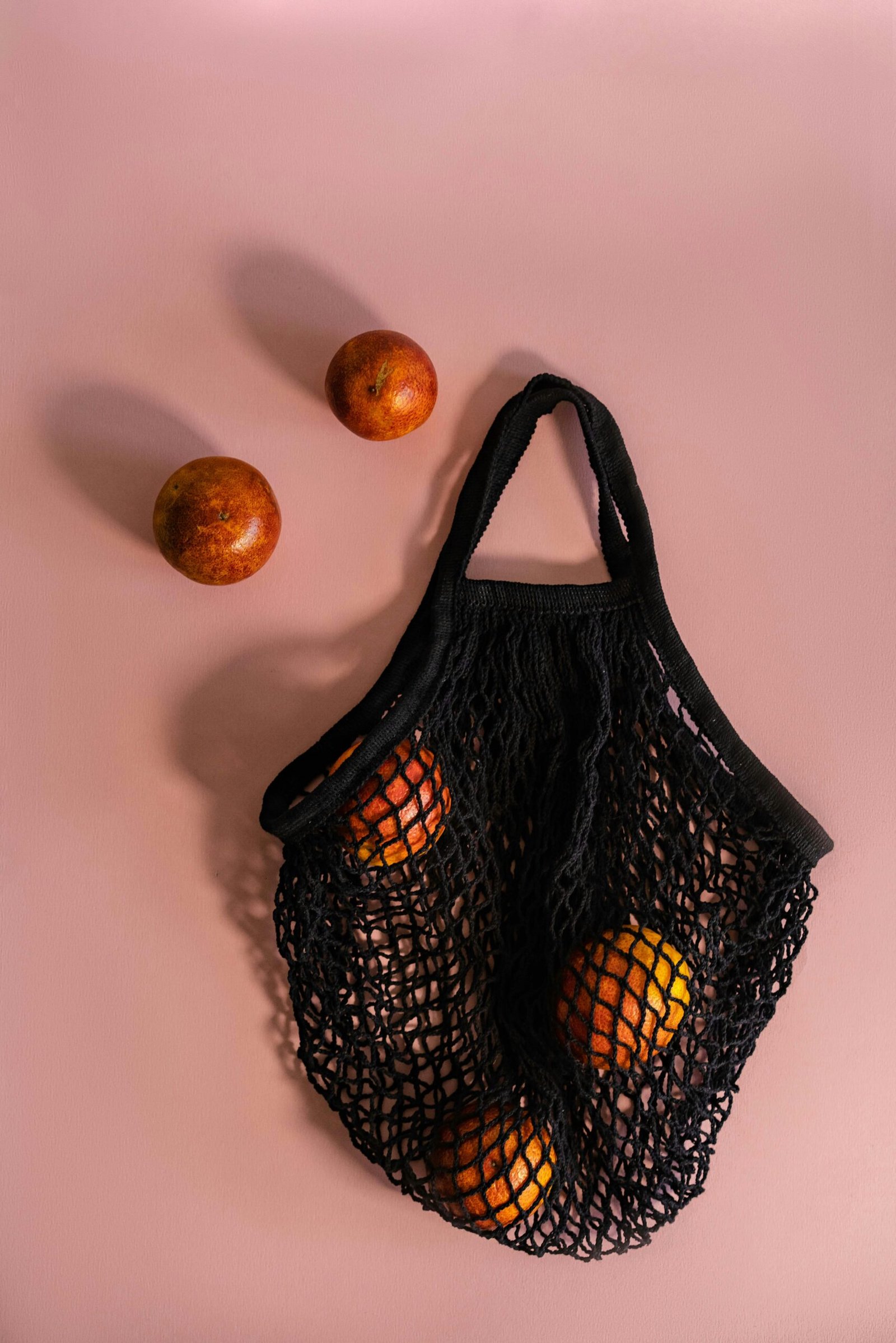Welcome to the exciting world of the sock industry’s transformation! In this article, you will explore how the sock industry is embracing eco-friendly innovations in production. From utilizing sustainable materials to implementing environmentally-friendly practices, sock manufacturers are leading the way in creating products that are both stylish and good for the planet. Get ready to learn about the latest trends and advancements in eco-friendly sock production – you won’t want to miss out on this green revolution! Have you ever stopped to think about the impact your socks have on the environment? From the materials used to manufacture them to the way they are disposed of, every pair of socks we wear leaves a mark on the planet. But fear not, my eco-conscious friend, as the sock industry is undergoing a transformation towards embracing eco-friendly innovations in production. Let’s delve into the world of sustainable sock manufacturing and how you can make a positive impact one step at a time.

This image is property of images.pexels.com.
Sustainable Materials: From Bamboo to Recycled Fibers
When it comes to sustainable sock production, the choice of materials plays a vital role. Traditional socks are often made from non-biodegradable materials like polyester and nylon, which are derived from petrochemicals and contribute to environmental pollution. However, the shift towards eco-friendly alternatives has paved the way for innovative materials that are both environmentally responsible and comfortable to wear.
Bamboo fiber has emerged as a popular choice for eco-conscious sock manufacturers due to its sustainability and breathability. Bamboo is a fast-growing plant that requires minimal water and no pesticides to thrive, making it an eco-friendly option for sock production. Additionally, bamboo fabric is naturally antibacterial, moisture-wicking, and hypoallergenic, making it an ideal choice for those with sensitive skin.
Another sustainable material gaining traction in the sock industry is recycled fibers, such as recycled cotton, polyester, and nylon. By repurposing discarded textiles and plastic bottles, manufacturers can divert waste from landfills and reduce the demand for virgin materials. Recycled fibers offer the same quality and durability as conventional materials while significantly lowering the environmental impact of sock production.
How You Can Make a Difference
Next time you shop for socks, look for brands that prioritize sustainability and transparency in their manufacturing processes. Check the label for materials like bamboo, organic cotton, or recycled fibers, and opt for products with eco-friendly certifications like OEKO-TEX Standard 100 or Global Organic Textile Standard (GOTS). By choosing socks made from sustainable materials, you are supporting environmentally responsible practices and reducing your carbon footprint one step at a time.
Waterless Dyeing Techniques: A Green Solution for Vibrant Colors
The traditional dyeing process used in textile manufacturing consumes vast amounts of water and energy while releasing harmful chemicals and pollutants into the environment. However, eco-conscious sock manufacturers are turning to waterless dyeing techniques as a more sustainable and innovative solution for producing vibrant colors without compromising on quality.
One such method is digital printing, which uses inkjet technology to transfer dye directly onto the fabric without the need for water-intensive processes like washing and rinsing. Digital printing allows for precise color application, reduced waste, and faster production times, making it an eco-friendly alternative to traditional dyeing methods. Additionally, digital printing eliminates the use of harmful chemicals and toxins commonly found in conventional dyes, promoting a cleaner and safer manufacturing process.
Embracing Innovation for a Greener Future
By choosing socks that are digitally printed using waterless dyeing techniques, you are supporting sustainable practices that conserve water, reduce energy consumption, and minimize the environmental impact of textile production. Look for brands that prioritize eco-friendly dyeing methods and aim to make a positive difference in the fashion industry. With your support, more companies will embrace innovation to create a greener future for generations to come.

This image is property of images.pexels.com.
Waste Reduction: Circular Economy in Sock Manufacturing
The fashion industry is notorious for its wasteful practices, with tons of unsold and discarded inventory ending up in landfills each year. To combat this growing issue, sock manufacturers are adopting a circular economy approach that focuses on reducing waste, reusing materials, and recycling products to create a closed-loop system that minimizes environmental impact.
In the context of sock production, a circular economy model involves designing socks that are durable, repairable, and made from recyclable materials. By extending the lifespan of socks through high-quality construction and repair services, manufacturers can reduce the demand for new products and promote a more sustainable consumption pattern among consumers. In addition, recycling programs allow customers to return their old socks for repurposing, closing the loop on textile waste and creating a more environmentally friendly supply chain.
Join the Circular Fashion Movement
When shopping for socks, consider brands that prioritize waste reduction and circular economy principles in their production process. Look for companies that offer repair services, recycling initiatives, or take-back programs to ensure that your old socks are given a second life rather than ending up in a landfill. By supporting businesses that embrace circular fashion, you are contributing to a more sustainable and ethical industry that values environmental stewardship and resource conservation.
Fair Trade and Ethical Manufacturing: Supporting Workers and Communities
In addition to environmental considerations, ethical practices and fair labor standards are essential aspects of sustainable sock production. Many conventional factories and garment workers face poor working conditions, exploitation, and unfair wages, highlighting the need for transparency and accountability in the fashion industry. By supporting brands that prioritize fair trade and ethical manufacturing, you can ensure that your socks are produced under humane conditions and that workers are treated with respect and dignity.
Fair trade certification guarantees that labor rights are upheld, wages are fair, and working conditions are safe and healthy for all employees involved in the manufacturing process. By choosing socks from fair trade-certified brands, you are supporting social equity, empowering workers, and investing in communities that rely on the fashion industry for livelihoods. Ethical manufacturing goes beyond environmental sustainability and encompasses social responsibility, diversity, and inclusivity in the workplace.
Make a Difference with Your Purchase
When buying socks, look for brands that are committed to fair trade practices, ethical sourcing, and transparency in their supply chain. Choose products that carry fair trade certifications like Fair Trade Certified™, GOTS, or SA8000 to ensure that your purchase supports the well-being of garment workers and their communities. By advocating for fair labor standards and ethical production, you are taking a stand for social justice and building a more equitable and compassionate fashion industry.

This image is property of images.pexels.com.
Conclusion: Your Role in the Eco-Friendly Evolution of Sock Production
As you explore the world of sustainable sock manufacturing, remember that every purchase you make has the power to drive positive change in the fashion industry. By choosing socks made from eco-friendly materials, supporting waterless dyeing techniques, embracing circular economy principles, and advocating for fair trade and ethical manufacturing practices, you are contributing to a greener, fairer, and more sustainable future for all.
As a conscious consumer, your choices matter. Your voice matters. Your impact matters. Join the eco-friendly evolution of sock production and be a catalyst for transformation in the fashion industry. Together, we can walk towards a brighter and more sustainable tomorrow, one step at a time.
